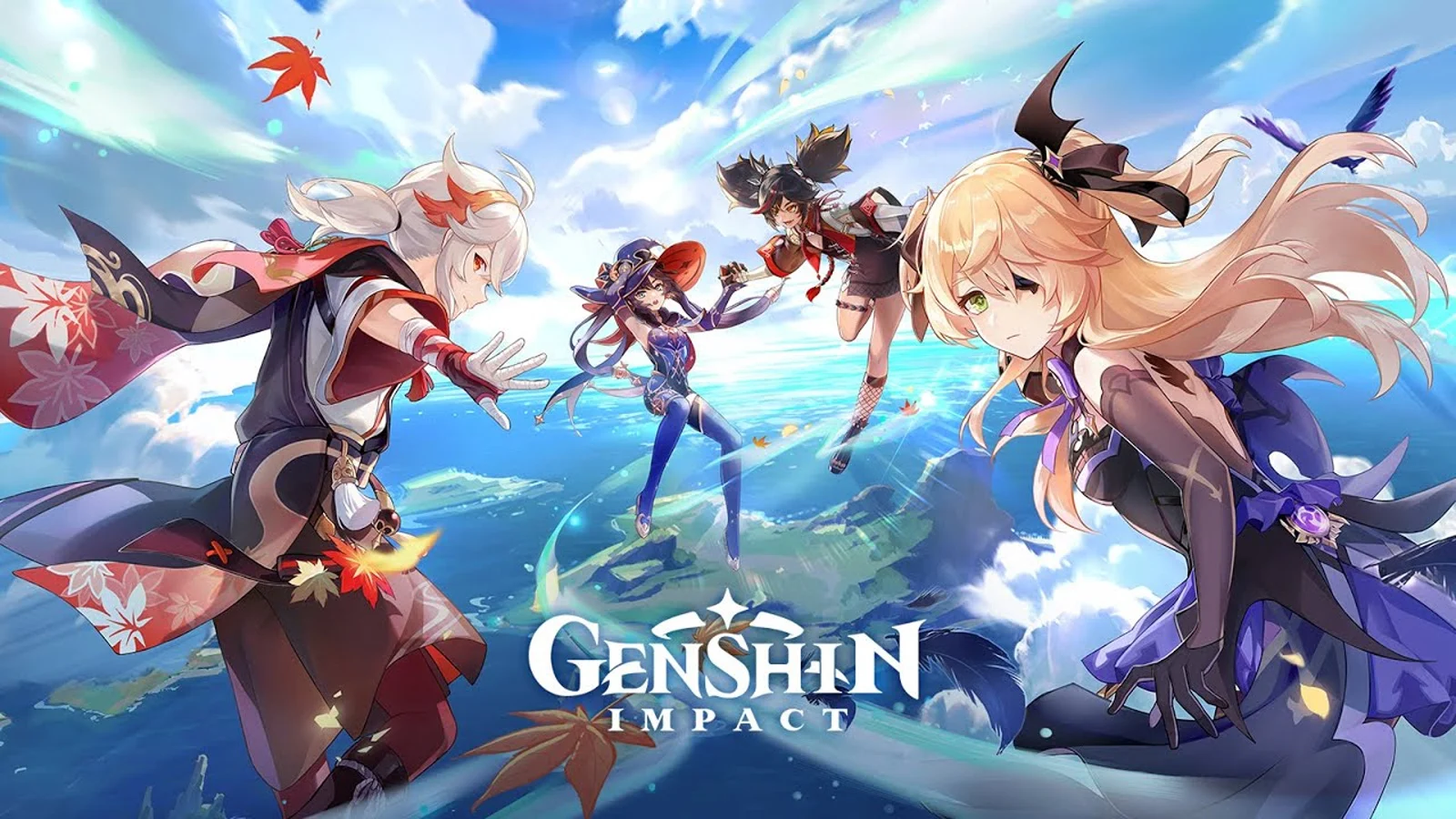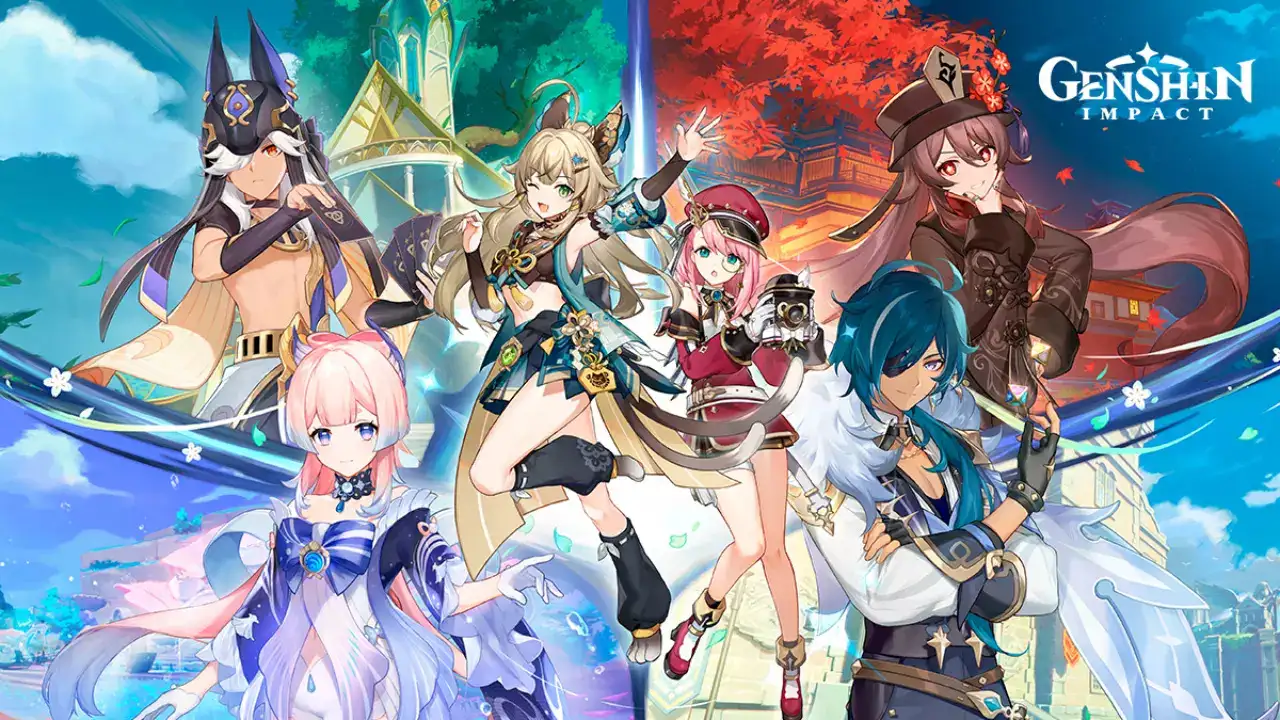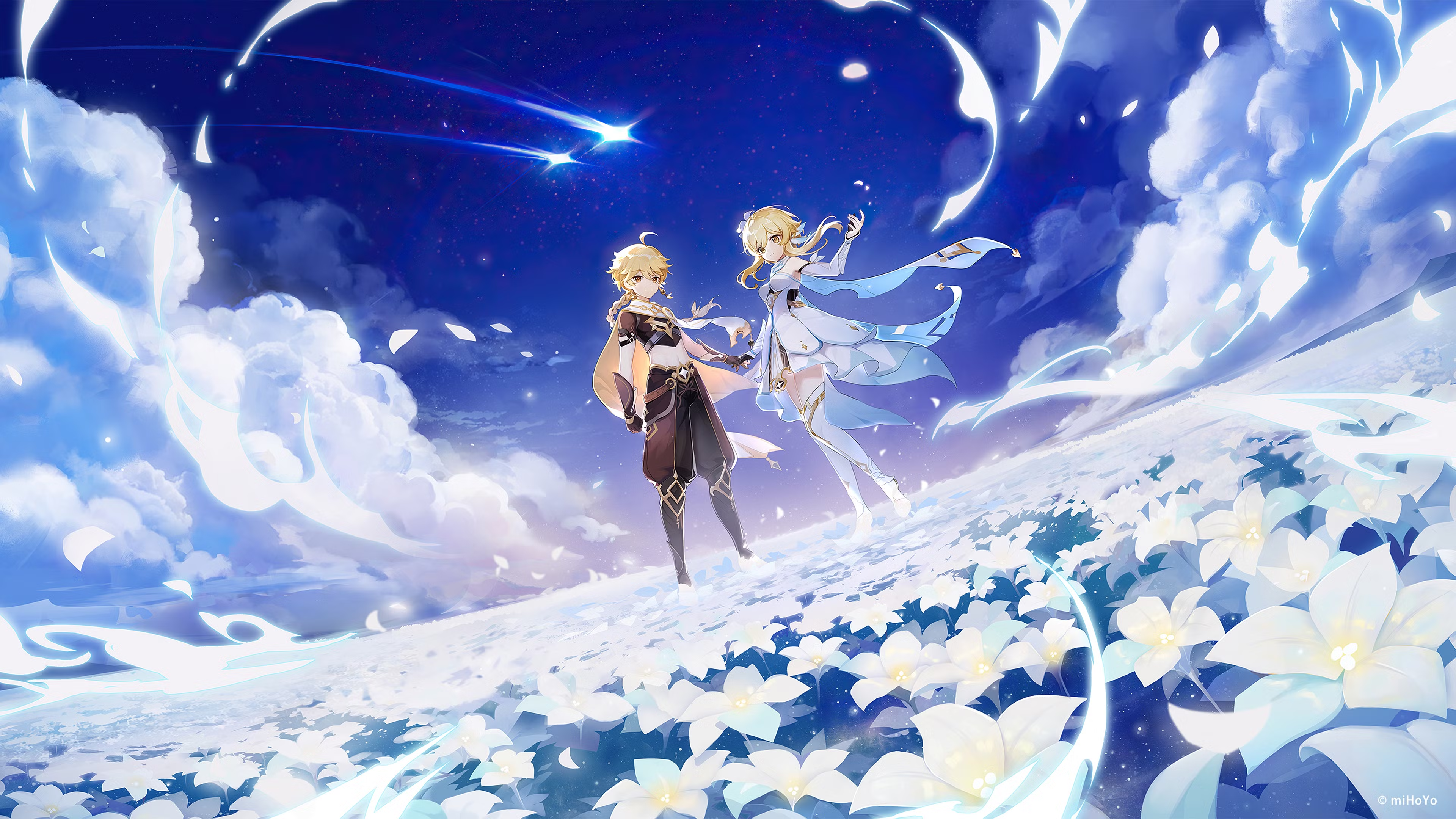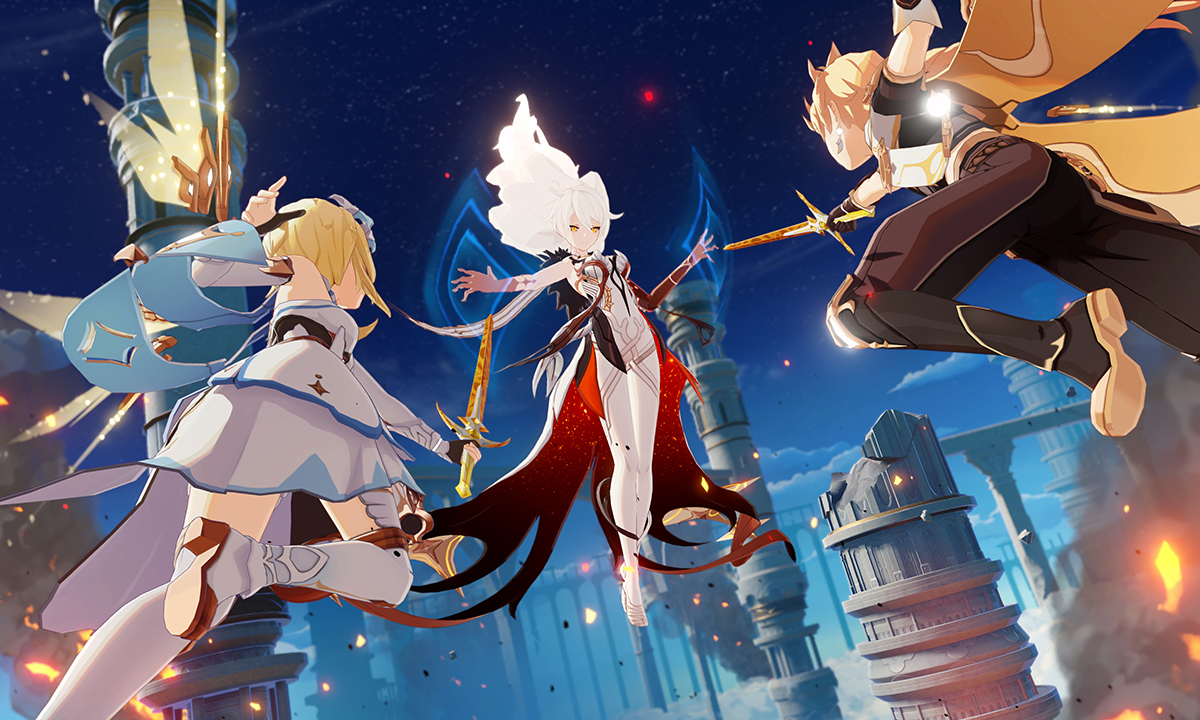
Genshin Impact Developer Pays $20M FTC Settlement Over Loot Boxes
Sat May 10 2025
In January 2025, the U.S. Federal Trade Commission (FTC) announced a $20 million settlement with HoYoverse, the developer of the popular free-to-play game Genshin Impact. The settlement addressed allegations that the company violated children's privacy laws and misled players about the costs and odds associated with its loot box system.
The FTC's complaint centered on two primary issues: deceptive loot box practices and violations of the Children’s Online Privacy Protection Act, also known as COPPA.
The agency alleged that HoYoverse misled players, particularly minors, about the real-world costs and probabilities of obtaining rare in-game items through its gacha-based loot box system. Players often had to purchase in-game currency through multiple confusing exchanges, obscuring the actual amount spent. This system led some players to spend hundreds of dollars without a clear understanding of their chances of success.
The FTC also charged the company with collecting personal data from children under the age of 13 without obtaining verifiable parental consent. This data collection included device identifiers and in-game activity, which were then shared with third-party analytics and advertising providers, in direct violation of COPPA.
 Under the terms of the settlement, HoYoverse committed to implementing several major changes.
Under the terms of the settlement, HoYoverse committed to implementing several major changes.
First, the company agreed to pay a $20 million penalty to the U.S. Treasury. In addition to the fine, HoYoverse must ensure that all U.S. players verify their age by July 18, 2025. Players under the age of 16 will need parental consent to make in-game purchases involving loot boxes. Failure to verify age will result in account suspension and the deletion of associated data.
Second, HoYoverse is now required to provide transparency about the exact odds of obtaining specific items from loot boxes. For example, acquiring a five-star event-exclusive character may cost anywhere between $1.98 and $475.20 depending on the player’s luck and the game’s so-called pity system.
The company must also simplify the in-game currency system, allowing direct purchases with real money and clearly displaying exchange rates. The goal is to eliminate the ambiguity that comes from using layered in-game currencies, which many consider a deliberate tactic to mask the actual cost of purchases.
 Lastly, HoYoverse must delete all personal information collected from children under 13 unless parental consent is obtained retroactively. This includes any data passed to third parties.
Lastly, HoYoverse must delete all personal information collected from children under 13 unless parental consent is obtained retroactively. This includes any data passed to third parties.
While HoYoverse did not admit to wrongdoing, it stated publicly that it disagreed with many of the FTC’s allegations. According to a statement released by the company, it agreed to the settlement in order to avoid prolonged legal disputes and to ensure it could implement necessary changes swiftly. The company emphasized its commitment to transparency and its player community.
The ramifications of this settlement extend beyond just one game. It is part of a broader effort by the FTC to regulate the monetization practices of game developers and protect younger audiences. The FTC had previously taken similar actions against Epic Games, the creator of Fortnite, indicating a trend toward stricter enforcement.
 This case sets a significant precedent. It makes it clear that companies must disclose the true costs and mechanics of their monetization systems, especially in games that appeal to minors. It also reinforces the need for proper parental consent and data protection.
This case sets a significant precedent. It makes it clear that companies must disclose the true costs and mechanics of their monetization systems, especially in games that appeal to minors. It also reinforces the need for proper parental consent and data protection.
For the gaming industry at large, the HoYoverse case is a wake-up call. As the industry continues to grow and mature, especially in free-to-play and gacha-based models, regulatory scrutiny will only increase. Developers and publishers must now consider legal compliance as an integral part of their design and business strategy.
The $20 million penalty may not cripple a company of HoYoverse’s size, but the reputational impact and required reforms will likely alter how they approach game monetization going forward.
Genshin Impact remains one of the most successful live-service games in the world. However, this settlement marks a significant chapter in its history. Players and regulators alike are paying closer attention, and what happens next could influence how future games are built.
In the end, the FTC’s enforcement action is a reminder that trust is as valuable as any in-game currency. The rules of digital engagement are changing, and it’s no longer enough for developers to deliver fun—they must also be transparent, responsible, and accountable.
Want more on lawsuit news? Check out the latest lawsuit involving Nintendo!.